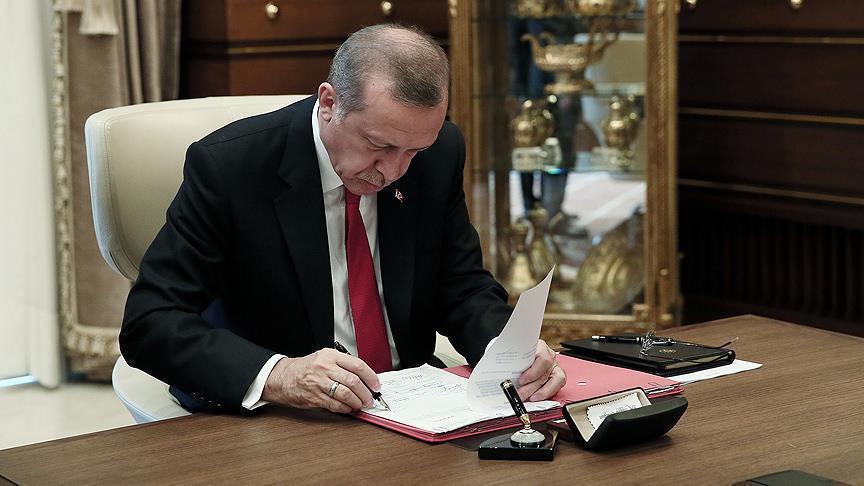Turkey will receive €3.1 billion in loans to help it meet the clean energy goals set out in the Paris climate accord, under a planned deal funded by the World Bank, France and Germany, Reuters reported, citing sources familiar with the plan.
Last week Turkey became the last country in the G20 group of major economies to ratify the Paris accord after demanding for years that it must first be reclassified as a developing country, which would entitle it to funds and technological help.
According to the Reuters report, under a memorandum of understanding intended to be signed this month before the United Nations climate summit in Scotland, Ankara would receive international loans even without getting its requested change of status.
The World Bank, which would provide 2 billion euros in financing, would be giving most of the money, while France is offering up to 1 billion euros and Germany just over 200 million euros, Reuters sources said.
“Agreement on the amount and modalities has already been concluded, and it’s because of this that Turkey ratified the Paris accord,” Reuters quoted one source as saying.
Reuters sources, who spoke on condition of anonymity because of the sensitivity of the ongoing talks, said the full memorandum had yet to be agreed and cautioned that nothing was certain until all parties had signed off.
The planned support for Turkey was reported by Politico last week, but the size and details of the loans have not previously been revealed.
Turkey’s Environment Ministry did not immediately comment. A German government source who could not confirm the 3.1 billion euro figure said talks were continuing. “There is no MOU right now,” the German source added.
A World Bank spokesperson did not comment on the loan support but said it welcomed Turkey’s ratification of the accord and looked forward to more details of its plan to meet the goals. “In this regard, we stand ready to scale up our support to Turkey through impactful projects,” the spokesperson was quoted by Reuters as saying.
Turkey signed the Paris agreement in April 2016 but had long resisted ratification, arguing that it should not be deemed a developed country for the purposes of the accord and was responsible for a very small share of historic carbon emissions. The agreement aims to limit the global average temperature rise to well below 2 degrees Celsius above pre-industrial levels and make efforts to limit it to 1.5 degrees.
Turkey has felt the full force of climate change, with a rapid succession of floods and wildfires killing some 100 people in July and August. Swathes of the country have also been suffering an extended drought.
The crises have heaped political pressure on Turkish President Recep Tayyip Erdoğan to tackle greenhouse emissions blamed for global warming, which scientists say is contributing to increasingly extreme and more frequent adverse weather events.
Nearly 200,000 hectares (around 480,000 acres) of forest have been scorched in Turkey this year — more than five times the annual average for 2008-2020, data from the European Forest Fire Information System (EFFIS) show.
Before Turkey’s ratification, the Climate Action Tracker project said Ankara’s efforts to reach the Paris accord’s goals were “critically insufficient.”
Climate change has become one of the greatest issues of concern to Turkey’s youth, millions of whom are set to vote for the first time in elections expected in 2023.
Some 95 percent of young people in Turkey believe climate change is one of the biggest threats facing the country, according to a report last month by the British Council as part of its Global Youth Letter on Climate Action.
Turkey’s total greenhouse gas emissions rose by 157.7 percent between 1990 and 2019, according to the state statistics service.
Source:Turkish Minute
***Show us some LOVE by sharing it!***



